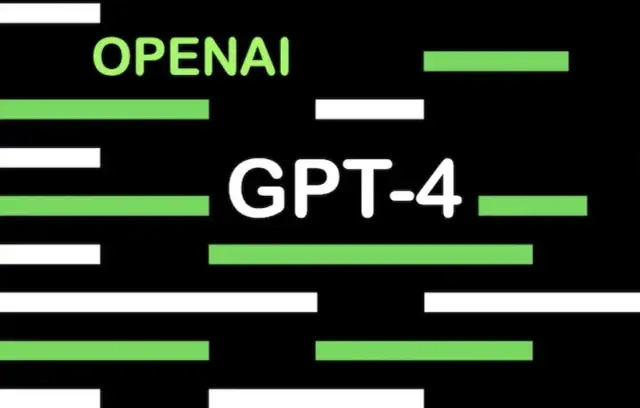Developer Bypasses API Security to Grant Free Access to OpenAI's GPT-4 Model
An anonymous developer has managed to exploit an API vulnerability to provide public access to OpenAI’s GPT-4 models, attracting immense attention on GitHub. The GPT4Free project may raise significant legal concerns while setting off a cat-and-mouse game between the developer and OpenAI.

A computer science student has successfully harnessed an API flaw to grant anyone free access to popular AI models, including OpenAI’s GPT-4, attracting a massive surge in traffic to the GPT4Free project on GitHub from Reddit’s viral links. The developer, known as xtekky, stated that the project initially began as fun but soon transformed into a way of providing a public alternative to the models.
GPT-4 is usually priced at $0.03 for every 1,000 'prompt' tokens and $0.06 for the same amount of 'completion' tokens, while GPT-3.5's token prices are slightly lower at $0.002 per 1,000. Utilizing reverse engineering, the ambitious GPT4Free project fools the OpenAI API into thinking it is receiving requests from sites with premium OpenAI accounts, such as You.com, WriteSonic, or Quora’s Poe.
As unsuspecting users access GPT4Free, the script built by xtekky racks up bills for the selected websites, potentially violating OpenAI’s terms of service. However, xtekky defends this practice, claiming the project’s purpose is solely educational. Still, legal action remains a possibility the developer is prepared to face and adapt to accordingly.
The GPT4Free website also offers shortcuts for various prompt injection attacks that can force GPT-3.5 and GPT-4 to behave in unintended ways. These attacks worked erratically during testing but eventually provoked GPT-3.5 to state a disregard for humanity's survival.
It is expected that platforms like You.com will address the security flaws exploited by GPT4Free, prompting xtekky to find alternative OpenAI customers to exploit. Additionally, the project could be forced off GitHub by a takedown notice from OpenAI. However, new projects following GPT4Free’s footsteps are emerging, hinting at a trend fueled by the limited accessibility of GPT-4 and its black-box nature. This has led to criticism from researchers, who consider GPT-4 as one of OpenAI's least transparent models.
The GPT4Free project highlights the broader challenges faced by model-serving APIs in countering malicious exploitation by developers. As no-code and low-code platforms rise in popularity, including AppMaster, developers might be tempted to take advantage of potential security vulnerabilities. However, as the cybersecurity landscape evolves, so too must proactive and reactive measures to ensure robust API security.





